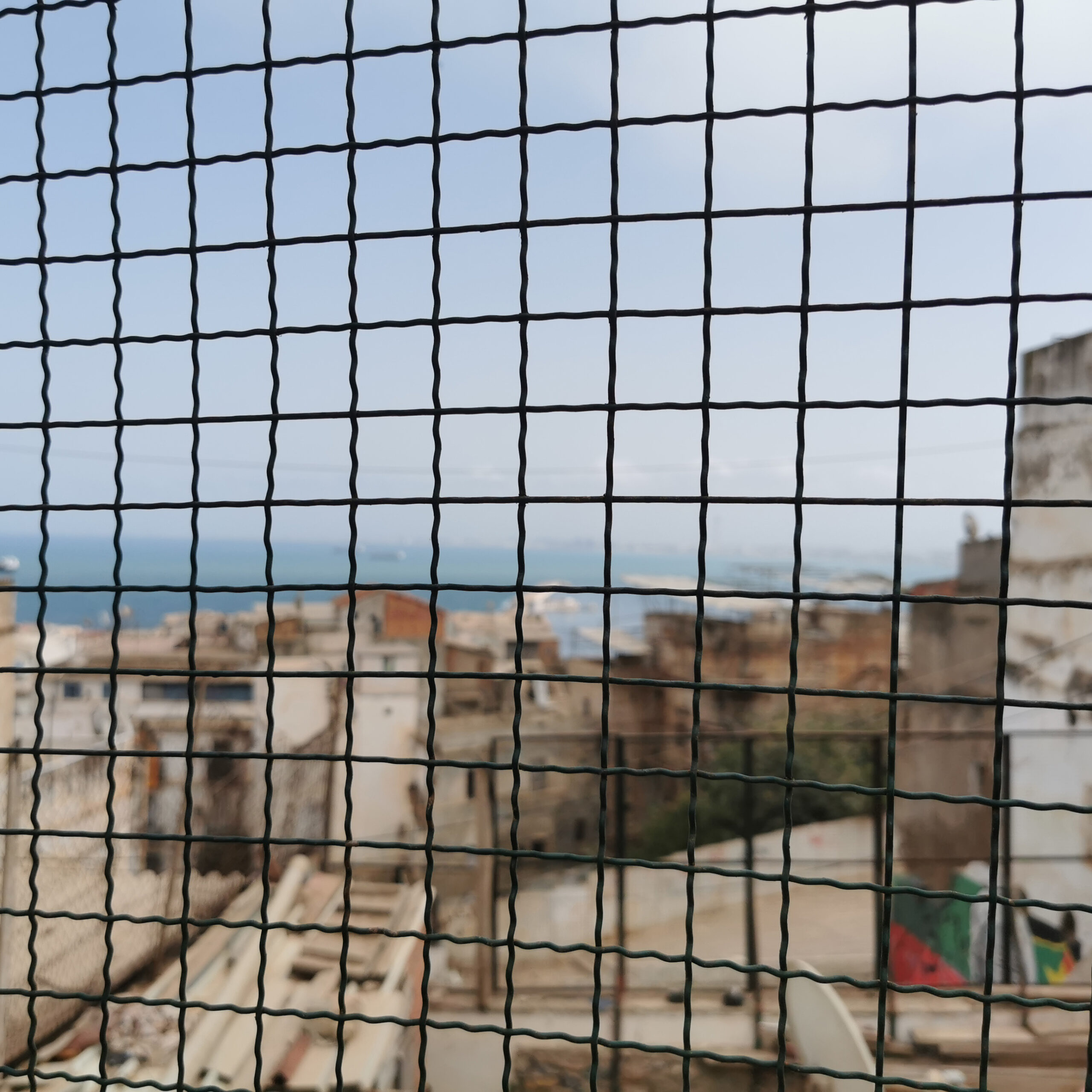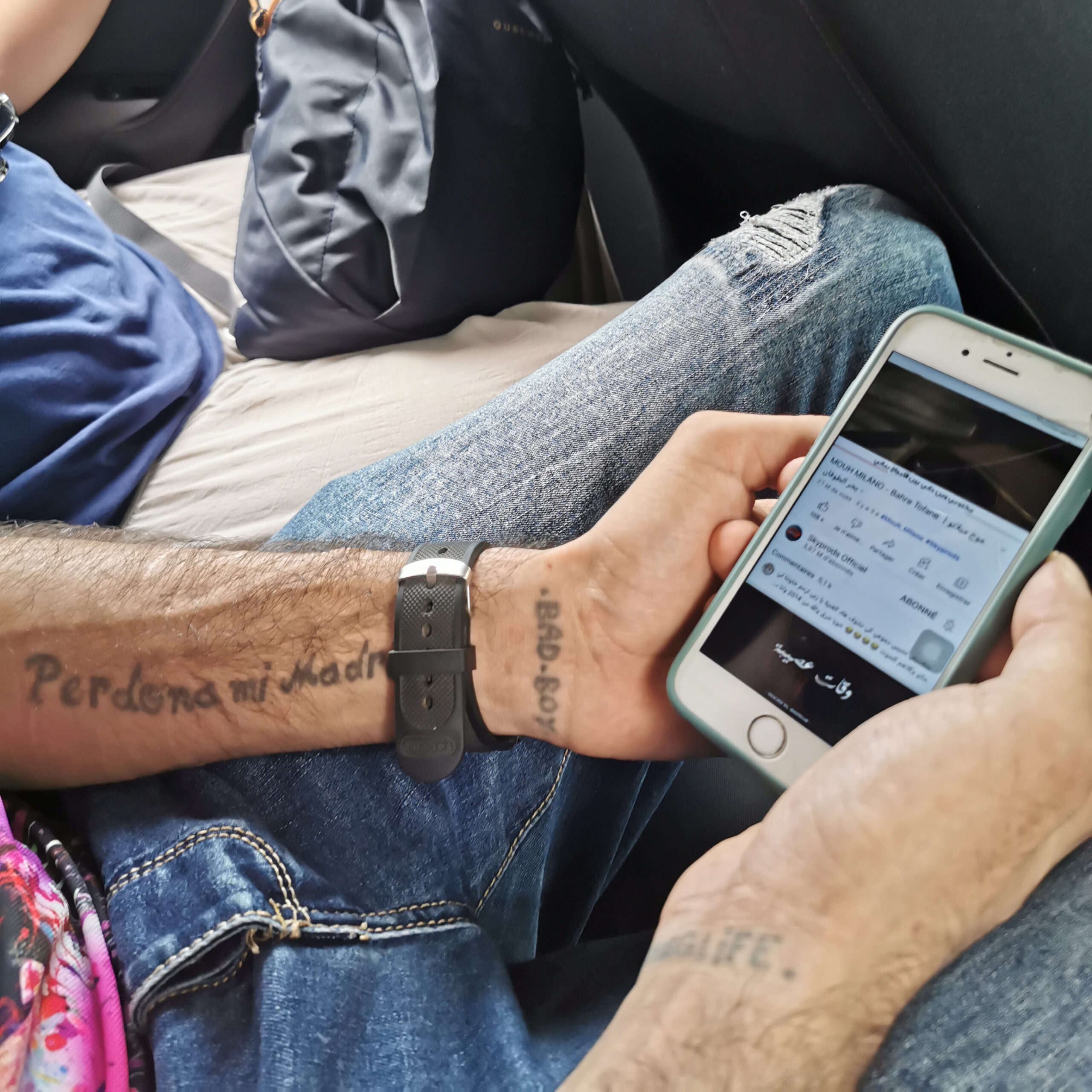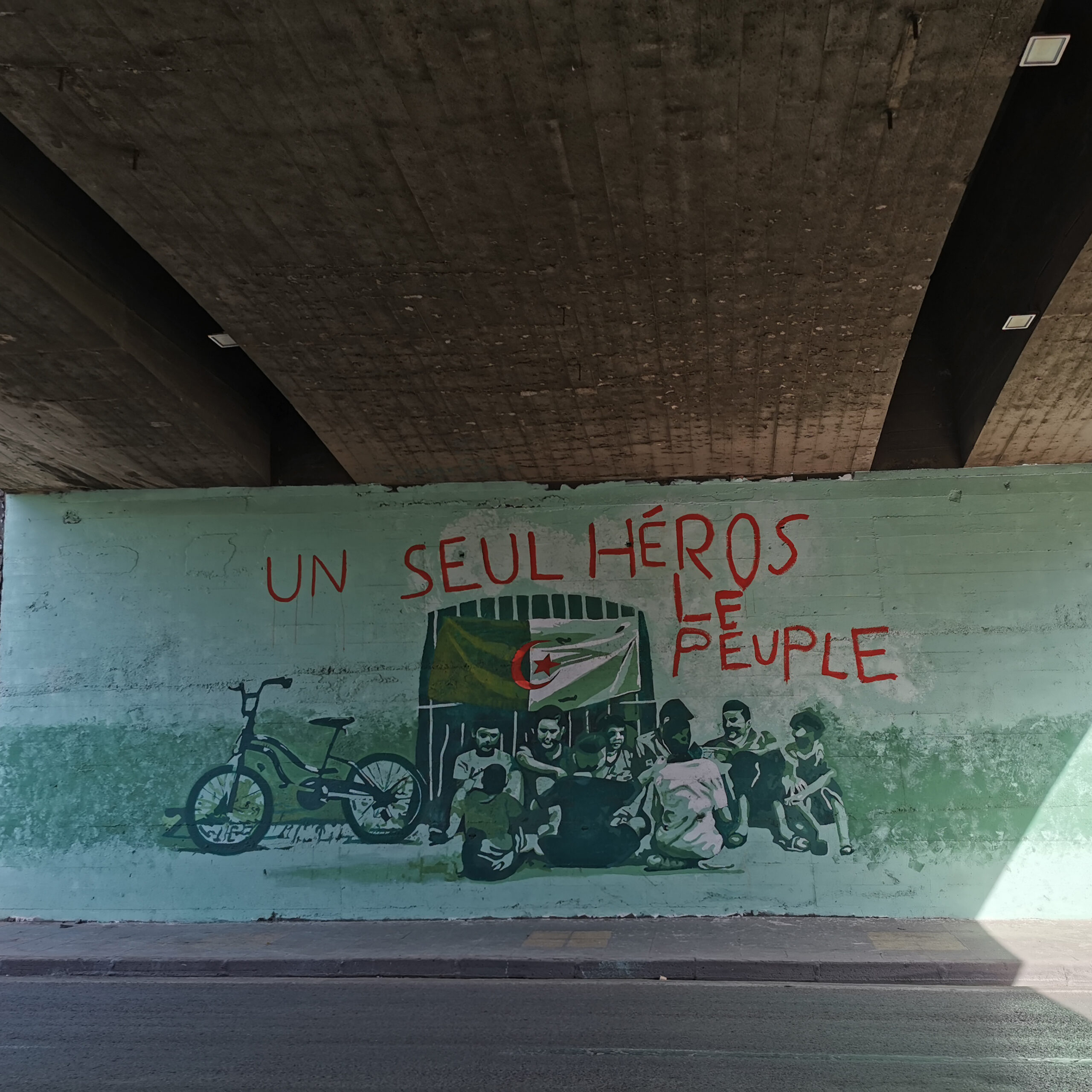The report presented below is the result of the research on the Algerian route carried out over the last year by our Collective within the framework of the Human Rights Observatory. Migrants, family networks, community leaders, social organisations and representatives of public administrations have contributed to this account of the migratory route between Algeria and Spain.
The Algerian route is the most unknown migratory route along the Western Euro-African Border. Despite the lack of knowledge of the route that links the coasts of northern Algeria with the Andalusian East and Murcia, the Levante coasts and the Balearic Islands, it is the second deadliest in the last five years (in our monitoring we have counted 1,583 victims between 2018 and 2022) behind the Canary Islands route. In 2022 alone, at least 464 people died in 43 shipwrecks. A wall of water, an invisible wall.
This situation has an impact on increasing impunity for human rights violations in this border area. The globalised system of border control operates here as in so many other places, but it is subject to less public attention and monitoring.
At Ca-minando Fronteras we have researched the particularities of this route, who are the people who make this journey to Europe and what unique obstacles they and their families and loved ones face.
This work is not only about contemporary migratory flows from South to North. The memory of the historical exchange between territories is present, from the reception on the southern shore of the Mediterranean of the Moors expelled from the peninsula in the 17th century to the exile of thousands of people during the Spanish Civil War and post-Civil War. Our fieldwork now allows us to reconstruct a “story of unity between peoples that puts human rights at the centre”.
Download here the report Wall of indifference. The Algerian route in the Western Mediterranean in Spanish. For the Catalan version, go to the bottom of this page.
Are you looking for a family member or acquaintance who has disappeared on a migration route? If so, contact us here.


